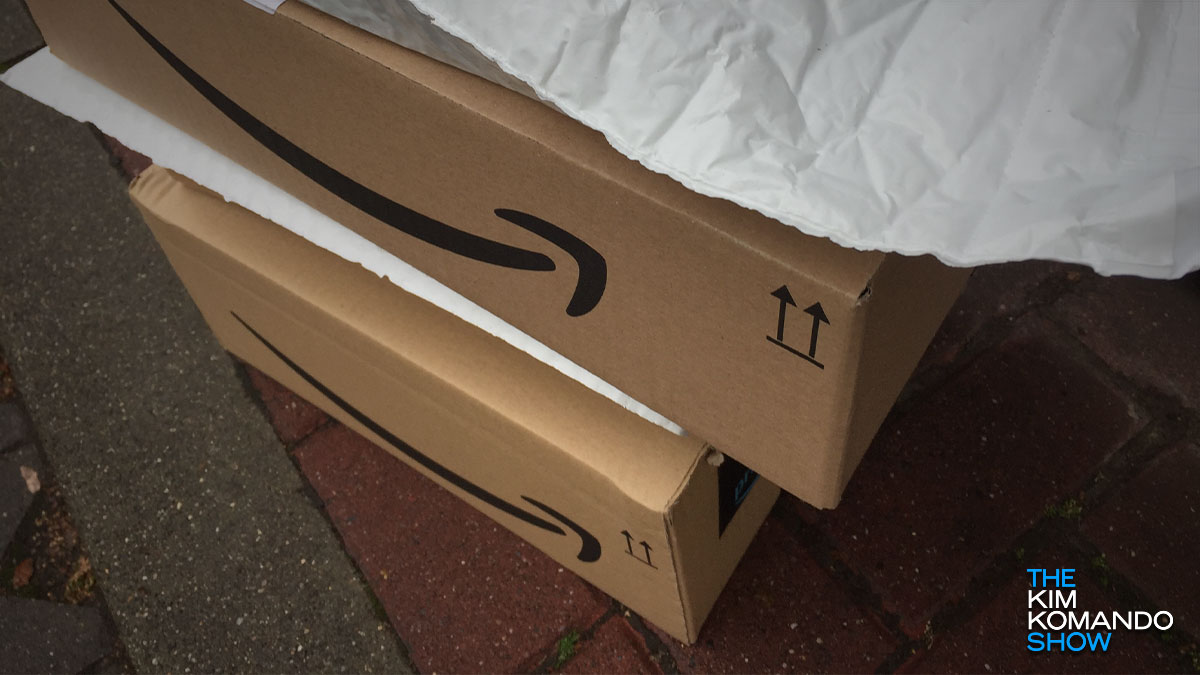Rodent infestation leads to product recalls at 400 Family Dollar stores

Everybody loves to get a little bit extra value for money. But that seldom extends to foreign objects found in consumer goods. The worst kind of freebie is bacteria, hitching a ride from the distribution plant straight into your home.
Detecting possible contamination, a recall will often kick in for any products that harbor disease or threaten users’ health. Unfortunately, that is the exact situation facing Family Dollar stores.
Read on to find out why products across six states are being recalled, what you need to look out for and what to do about it.
Here’s the backstory
Family Dollar issued a voluntary recall of several products last week after it discovered that they might have come in contact with rodents. They were shipped to over 400 stores in Alabama, Arkansas, Louisiana, Mississippi, Missouri and Tennessee.
If you have purchased any of the products below from a Family Dollar store in one of the six states, you must stop using them immediately.
According to the FDA, some of the recalled products include:
- Human foods – including dietary supplements (vitamin, herbal and mineral supplements).
- Cosmetics – skincare products, baby oils, lipsticks, shampoos, baby wipes.
- Animal foods – kibble, pet treats, wild bird seed.
- Medical devices – feminine hygiene products, surgical masks, contact lens cleaning solutions, bandages, nasal care products.
- Over-the-counter (OTC) medications – pain medications, eye drops, dental products, antacids, other medications for both adults and children.
Click here for the complete list of stores affected by the product recall. According to the FDA, rodents were found in the Family Dollar Distribution Center 202 in West Memphis, Arkansas. The recalled items were stored and shipped from Jan. 1, 2021, until last week.
What you can do about it
The company isn’t aware of any complaints relating to the rodent problem or the possibly contaminated products. You should, nonetheless, stop using any products bought from the 400 stores during the period in question.
Here are some more precautionary steps:
10 steps to take with your smartphone now that we’re starting to leave home

After weeks of mandatory lockdowns and stay-at-home orders, several states are slowly starting to ease restrictions. That means your routine is about to look a lot more like it used to.
You may even be heading back to the office. We’re willing to bet it’ll look different. Tap or click for four ways offices will change post-pandemic.
Workplace of the future: 4 ways offices will change post COVID-19

As we roll into summer, good news is starting to emerge from the fog of the COVID-19 pandemic. Many states are on the verge of reopening their economies, which means business as usual is about to resume.
Or is it? The pandemic proved that a highly contagious virus is all it takes to devastate peoples’ health and livelihoods. To prevent this from happening again, some of the measures society has taken will likely remain. At least for the time being. Tap or click here to see the proven methods to protect yourself from the coronavirus.
3 proven coronavirus prevention tips you can trust

One of the scariest parts about the coronavirus pandemic is the fact that there’s still so much we don’t know. As a “novel” virus, no human being has immunity to it, and the longterm effects on our bodies is still poorly understood.
How to enter your home safely after being out in this pandemic

Fear over coronavirus and COVID-19 has forced Americans to completely rethink hygiene. According to a 2018 report from the CDC, only 60% of Americans washed their hands frequently before the crisis. We’re willing to bet that percentage is much higher now.
Coronavirus safety: How to sanitize and unpack Amazon deliveries

More and more people are getting food and supplies delivered these days. It might seem like the safer option at first, but new reports show at least 10 Amazon warehouses have workers who tested positive for COVID-19.
Ordering takeout or delivery? Follow these steps to avoid coronavirus germs

Coronavirus and COVID-19 have changed the way we interact with everything, and deliveries are no exception. Just a few short weeks ago, it wasn’t a big deal to bring your package inside right away. But now, we’re wiping everything down with disinfectants.
Virus found on surfaces after 17 days - new advice to open your packages

Of all the ways the coronavirus pandemic has upended our lives, our renewed focus on hygiene is one of the most obvious. Soaps, hand sanitizer and disinfecting wipes are sold out everywhere, and nearly everyone is obsessively washing their hands multiple times a day.
How-to: Set up mobile payments to avoid coronavirus

Just a few months back, it may have seemed obsessive-compulsive to wash your hands after every interaction. But with the specter of the coronavirus looming large, hygiene is at the forefront of everyone’s minds.
Frequently cleaning your hands and devices is one of the best ways you can protect yourself. If everyone takes action to reduce the spread of germs, it can slow the creep of infection. Tap or click to see the best disinfectants you can use for your gadgets.
See the list of disinfectants strong enough to kill coronavirus

The novel coronavirus has made its way to American shores and people across the country are looking for ways to stay healthy. Disease control officials are advising citizens to keep calm and focus on precautionary hygiene measures, like washing your hands. Is that, along with staying home, enough?
Online marketplaces are full of phony coronavirus gear

As the novel coronavirus continues to spread throughout the world, people are looking to the internet for answers on how to prepare. Public health agencies and governments alike are pushing for hygienic practices like hand-washing and staying home if you’re feverish, but not everyone is getting the memo.
